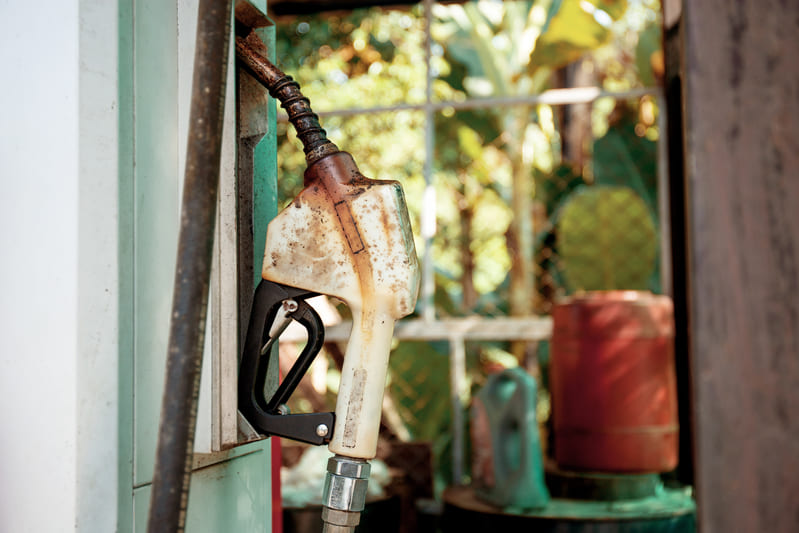US imports of biodiesel and renewable diesel dropped sharply in the first half of 2025 (1H25), reaching their lowest levels in over a decade, according to data from the US Energy Information Administration (EIA). The decline was driven by the removal of tax credits for imported biofuels and weaker domestic consumption.
In 1H25, US biodiesel imports averaged 2,000 barrels per day (b/d), down from 35,000 b/d in the same period of 2024. Renewable diesel imports fell to 5,000 b/d, compared with 33,000 b/d in 1H24. These were the lowest first-half import levels since 2012, when US biodiesel use was less than half of 2024 levels and renewable diesel demand was negligible.
Tax Credit Shift Hits Imports
The sharp fall was primarily attributed to the expiration of the $1-per-gallon blender’s tax credit (BTC) for imported biofuels. Until 2024, both domestic and imported biodiesel and renewable diesel qualified for the BTC. Beginning in 2025, however, the Inflation Reduction Act replaced the BTC with the Section 45Z Clean Fuel Production Credit, which only applies to domestic producers. This placed imports at a relative disadvantage compared with US-produced fuels.
Lower Consumption Dampens Demand
Beyond the tax change, lower US demand further weighed on imports. Uncertainty over federal blending requirements and negative profit margins for blenders led to reduced consumption of biofuels in 1H25. Compared with the same period in 2024, renewable diesel use fell about 30% while biodiesel consumption dropped about 40%. This contraction reduced demand for both imports and domestic production.
The combination of policy changes and weaker demand highlights the shifting dynamics of the US clean fuel market. While the tax credit framework now incentivises domestic production, challenges around profitability, infrastructure, and regulatory clarity continue to weigh on biofuel adoption.
–Input WAM





